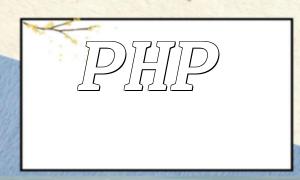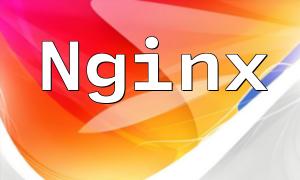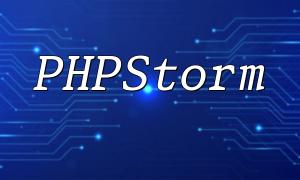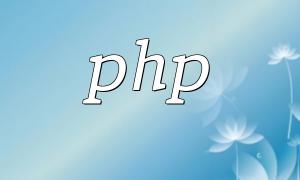Although PHP frameworks provide many benefits for developers, they also come with some potential drawbacks. By implementing certain techniques and optimization strategies, we can effectively overcome these issues and enhance the performance, maintainability, and scalability of our applications.
PHP frameworks often tightly couple various components of an application, making it difficult to scale and maintain the code. To avoid this, it's essential to implement loose coupling by using dependency injection containers or service locators to decouple components.
For example, you can register a UserRepository instance in the service container and inject it into a controller:
// Register a UserRepository instance in the service container
$container->bind(UserRepository::class, function () {
return new UserRepository();
});
// Access the UserRepository in the controller via dependency injection
class UserController {
private $userRepository;
public function __construct(UserRepository $userRepository) {
$this->userRepository = $userRepository;
}
// ...
}Framework components can add overhead to an application's performance. By disabling unnecessary components or using more efficient techniques, we can mitigate this overhead.
For example, disabling logging and debugging functions in production can improve performance:
// Disable logging and debugging components to improve performance
$app->configureMode('production', function () use ($app) {
$app->disableLogger();
$app->disableConsoleHelper();
});PHP frameworks often include a database layer, but it may not meet all performance needs. By using direct SQL queries or alternative ORM methods, we can significantly improve database performance.
For example, directly executing an SQL query can improve database access speed:
// Execute SQL queries directly for better performance
$users = $db->query('SELECT * FROM users')->fetchAll();Some PHP frameworks offer a high degree of customizability, allowing developers to modify them based on specific needs. Customizing the framework can help overcome the limitations of standard frameworks.
For example, you can create a custom event listener to log application events:
// Create a custom event listener to log application events
class CustomEventListener {
public function handleEvent(Event $event) {
// Log the event
// ...
}
}For small applications that do not require complex features, lightweight frameworks are an ideal choice. They offer smaller overhead and simpler configuration while still retaining the basic advantages of a framework. Common lightweight frameworks include Lumen and Slim.
For example, you can define a simple route in Lumen:
// Define a simple route in Lumen
$app->get('/', function () {
return 'Hello world!';
});By implementing these methods, developers can effectively overcome PHP framework limitations, optimize performance, and enhance the maintainability and scalability of their applications.









